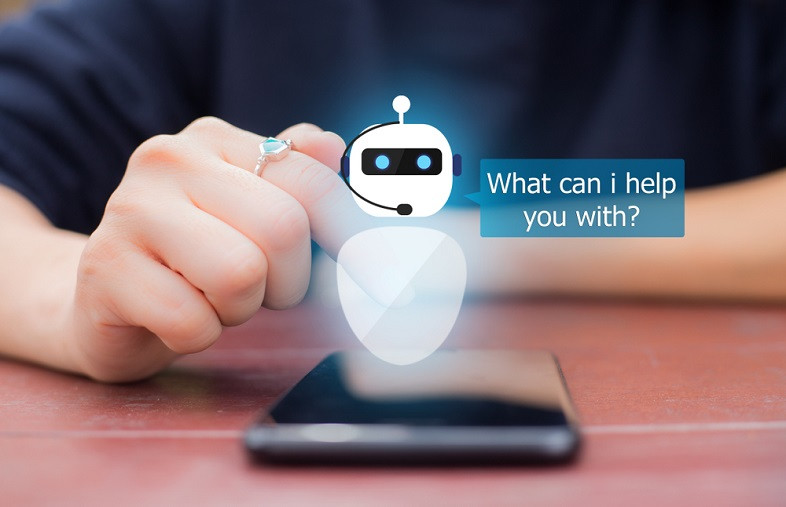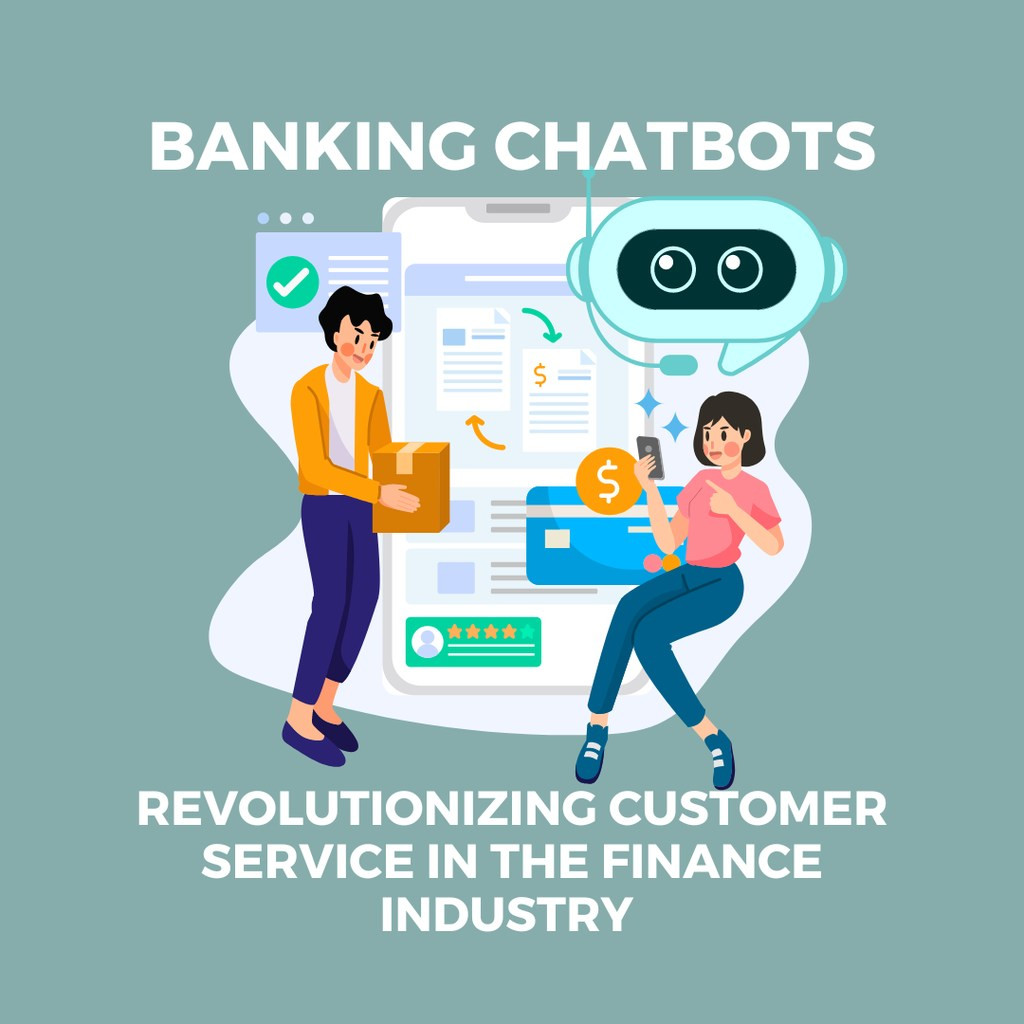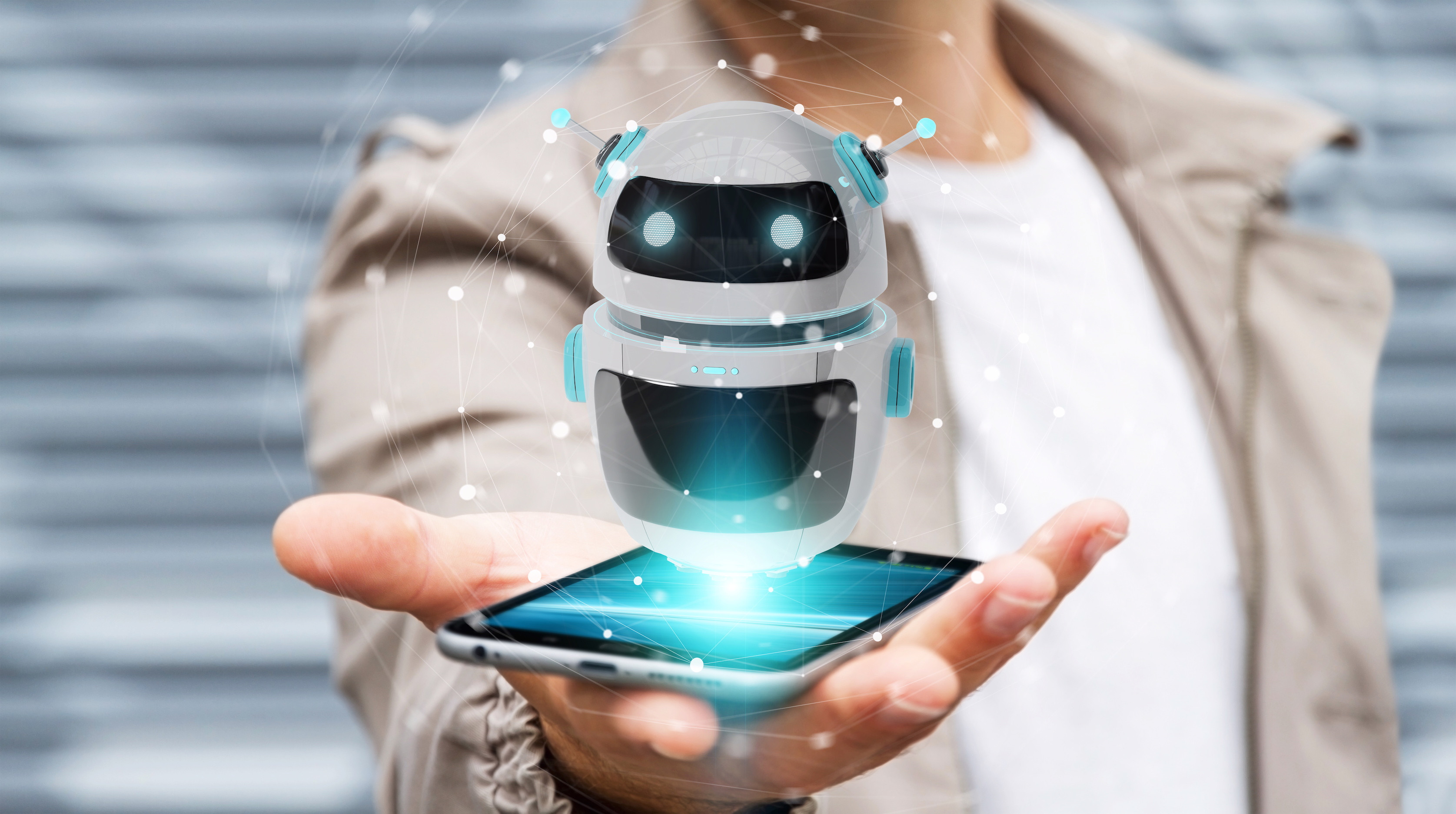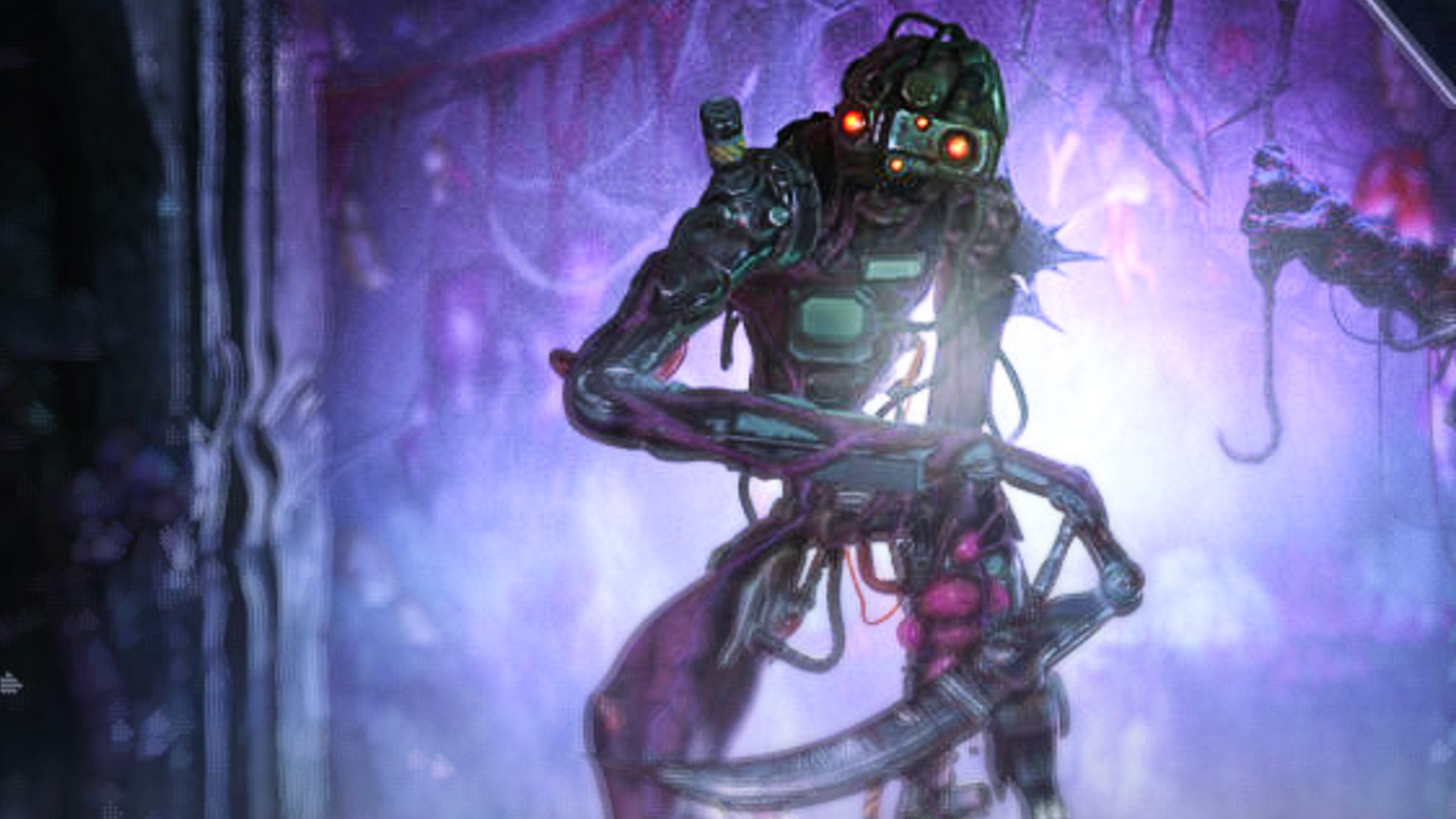The Rise of AI Chatbots: A New Era in Customer Service?
The realm of customer service is undergoing a dramatic transformation. Gone are the days of endless hold times and frustrating phone calls. A new era has dawned, one driven by artificial intelligence (AI) and the emergence of AI chatbots. These intelligent programs are quickly becoming the face of businesses, interacting with customers in ways that were once unimaginable.
How AI Chatbots Work: The Power of Machine Learning
At the heart of AI chatbots lies the intricate dance of machine learning algorithms. These algorithms are meticulously trained on vast datasets of customer interactions, enabling them to understand and respond to inquiries with increasing accuracy and fluency. The more data they consume, the more sophisticated they become, mastering the art of natural language processing (NLP). This allows them to engage in conversations that feel remarkably human, understanding the nuances of language and the context of inquiries.
The Benefits of AI Chatbots: Streamlining Customer Service
The benefits of integrating AI chatbots into customer service strategies are undeniable. They offer a 24/7 presence, tirelessly answering inquiries, resolving issues, and providing support at any hour of the day or night. This round-the-clock availability significantly reduces wait times and enhances customer satisfaction. Furthermore, AI chatbots are highly efficient. They can handle a multitude of requests simultaneously, freeing up human agents to focus on more complex and personalized interactions.
Boosting Efficiency and Reducing Costs
Consider the example of a large e-commerce retailer. Prior to the advent of AI chatbots, the company's customer service team was swamped with inquiries about order tracking, returns, and product information. By implementing AI chatbots, the retailer could automate the handling of these routine inquiries, allowing its human agents to dedicate their time to resolving complex issues and building stronger customer relationships. This not only improved customer satisfaction but also reduced operational costs.
The Challenges and Concerns: A Balancing Act
While the benefits of AI chatbots are undeniable, their integration also presents challenges and raises ethical concerns. One of the most pressing concerns is the potential for job displacement. As AI chatbots become more sophisticated, they could potentially replace human agents in many customer service roles. This raises concerns about the future of employment in the customer service industry.
The Human Touch: The Importance of Empathy
Another significant challenge lies in the limitations of AI chatbots when it comes to understanding and responding to complex or emotionally charged inquiries. While AI chatbots can handle routine requests efficiently, they may struggle with more nuanced conversations. The human touch, the ability to empathize and provide personalized support, is something that AI chatbots are still striving to replicate.
The Future of Human-Machine Interaction: A Collaborative Approach
The future of customer service lies not in replacing human agents with AI chatbots but in fostering a collaborative approach. AI chatbots can be viewed as powerful tools that can augment the capabilities of human agents, enabling them to provide more efficient and personalized support. By focusing on the strengths of both human agents and AI chatbots, we can create a seamless and customer-centric experience.
The Rise of Hybrid Systems
The emergence of hybrid systems, where AI chatbots work alongside human agents, is a promising development. These systems leverage the efficiency of AI chatbots to handle routine tasks while allowing human agents to focus on more complex or emotionally charged interactions. This approach allows businesses to capitalize on the benefits of AI while preserving the human touch that is so critical to building customer loyalty.
The Final Verdict: A New Frontier in Customer Service
The rise of AI chatbots marks a significant turning point in the evolution of customer service. They offer a powerful solution to enhance efficiency, reduce costs, and improve customer satisfaction. However, their implementation also requires careful consideration of the ethical implications, the potential for job displacement, and the need to maintain the human touch. Ultimately, the key to unlocking the full potential of AI chatbots lies in embracing a collaborative approach that leverages the strengths of both humans and machines.
This approach will not only revolutionize the customer service landscape but also create a future where humans and machines work together to deliver exceptional experiences for customers worldwide.



















